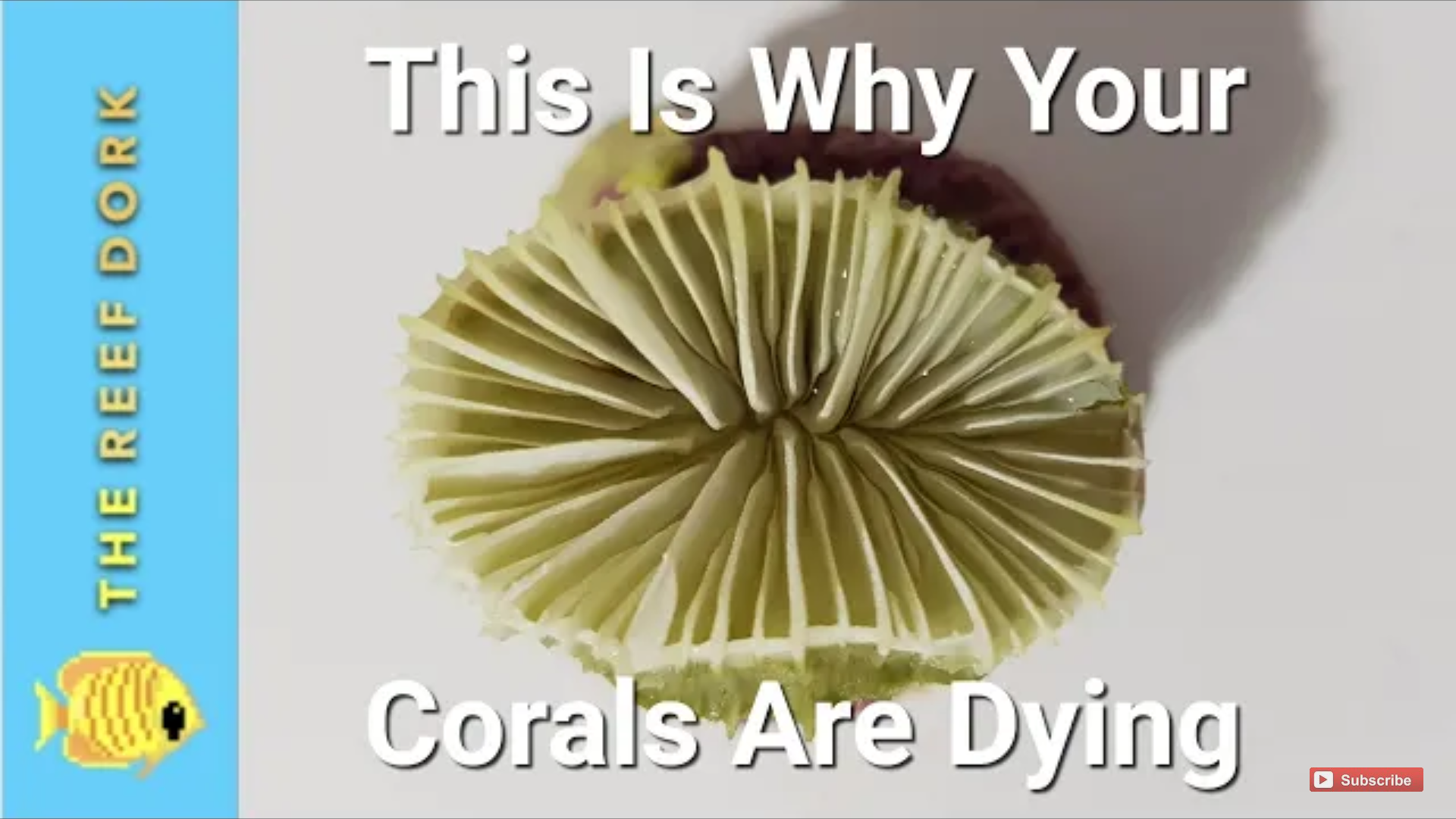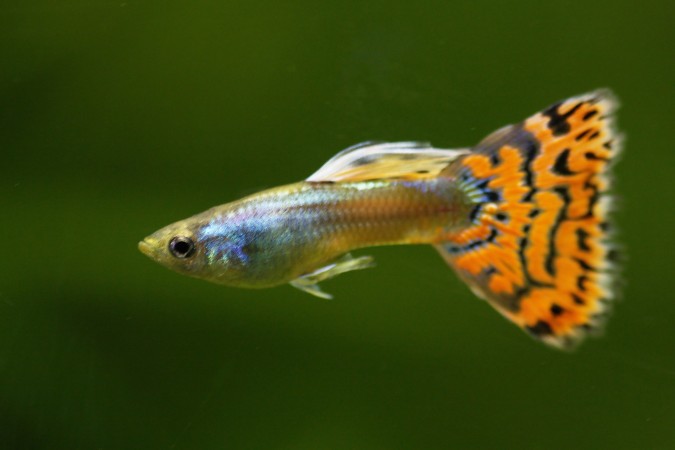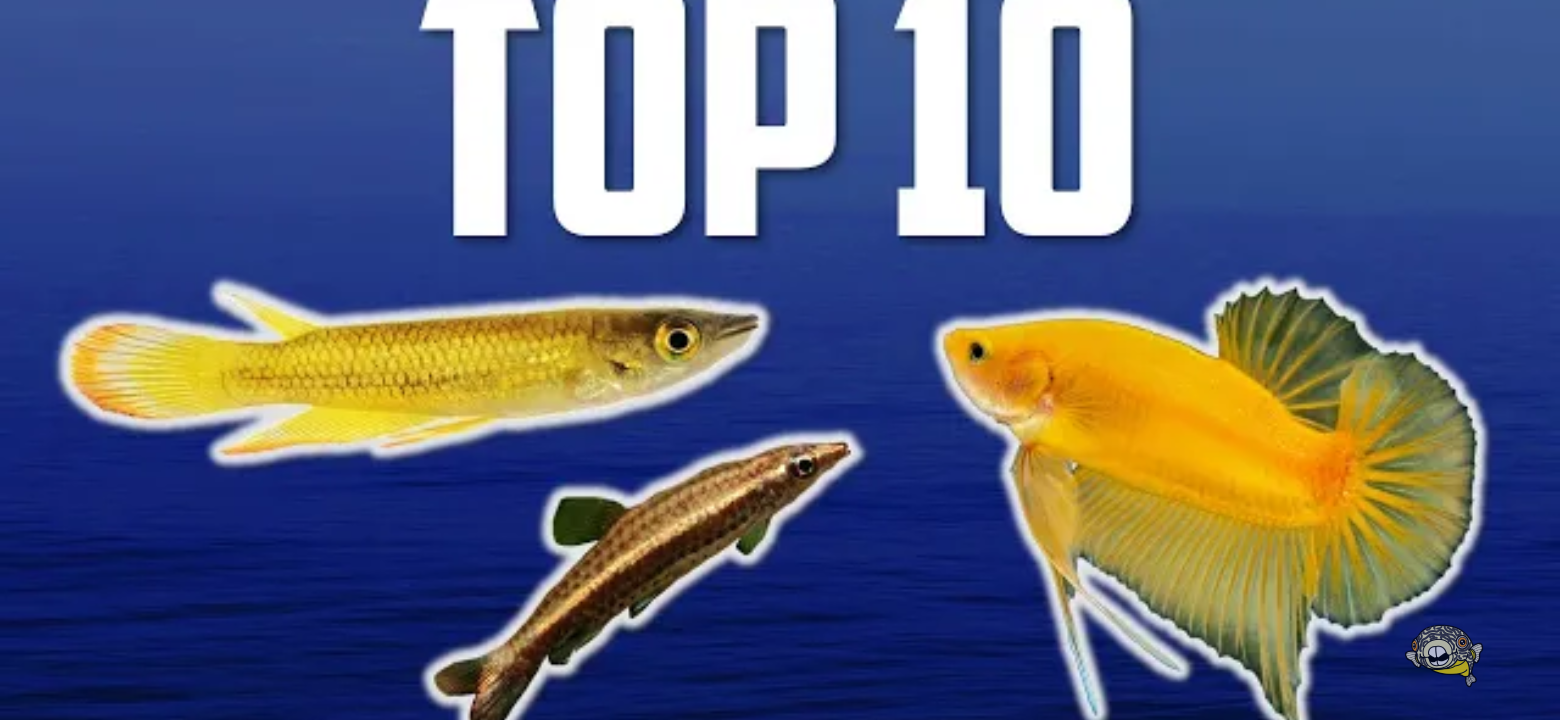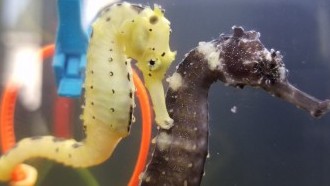Top 5 reason: Why your corals keep dying
- Feb 26, 2021
- Anshika Mishra
- 210 0 0

Do your corals keep dying? You are not alone, a lot of new hobbyists and even some experienced ones fail to understand the reason behind their dying corals. Though there are hundreds of reasons that could cause your corals to die, down below are the top 5 reasons behind the dying corals according to Reef Dork:
1. Improper Acclimation
While travelling is fun for most people, it can be immensely stressful for corals. This is particularly the case with shipped corals, but even a short journey for your local fish shop is no fun for these corals.
There is no necessity to drip acclimating your corals, but it always advised to rest them on your tank for half an hour or more before taking them out of their bag so that the temperature is equalized.
Then let them at the bottom of your tank before gently moving them up to their final resting place so that they don't bleach out from too much light.
2. Warfare
This is particularly the case with LPS corals, but apply to all types of corals even SPS will battle out your territory. But the worst culprits are things like Euphyllia which have long sweep tentacles. This should be the easiest problem to avoid because it is completely within your control.
All you need to do is do your research before buying any new coral, like if they bite other corals and then place them accordingly.
3. Metal in the water
Faulty equipment in the water can release metal in the water because nothing will show up on your home test kits and if left unchecked it will slowly wipe out everything in the tank.
So, if everything in your tank is suffering but everything looks fine, it is a great idea to set a required test (ICP test)that shows metals in the water. But you don't necessarily need an IPC test if your coral is dying just strip back all your pumps and check for damage.
4. Bad RO water
Bad RO water can have anything in it from Silica that will cause diatom to phosphate to poisonous metals like copper. So, check your RO source to see what the TDS is and make sure that the answer is zero. If you have bought it from your local fish shop, ask them if they sell RO filters and start making your own water.
Having control over the quality of the water you prepare is the easiest route to success in the hobby and it will even save your money over time.
5. Alkalinity Swings
This is the major problem faced by stony corals. If your SPS corals are stripping there is a good chance that there is some problem with your alkalinity. So, as long as the number is between seven and eleven dkh, the number itself really doesn't matter, but stability is essential.
Monitor it regularly to avoid swings. You should actually test out at the very least once a week. If you only test when there is a problem, you won't know what level it has been running at. So, when you test when there is a problem and will think that nothing is wrong. But the truth might be that everything in the tank is a ticking time bomb for your fishes and corals.
Other Reasons
Fluctuating Parameters
Other than these swing in any other parameter like salinity, temperature or any other parameters are right up there. Coral thrive on stability so you don't need to chase numbers but you do need to make sure that they stay roughly the same.
Pest or Fishes
Pest or nasty fish in the tank might also slowly eat up your coral. Fishes like angels and butterfly might eat up your coral but if you are noticing corals of just one species disappearing, you might have a kind of pest on them.
Tinkering
As said before, corals love stability, but we as hobbyist love tinkering. So, changing things like your lights, a new salt mix can harm your corals.
Difficult Corals
Some notoriously difficult corals will just not stay right. So, while choosing the coral lookout for all the needs of the corals and then decide if your tank is ready to keep a coral of that difficulty level or not.
Water Volume
This isn't the cause of such, but the smaller your tank is the harder is it to maintain stable parameters and the more likely you are to have big swings.






About author